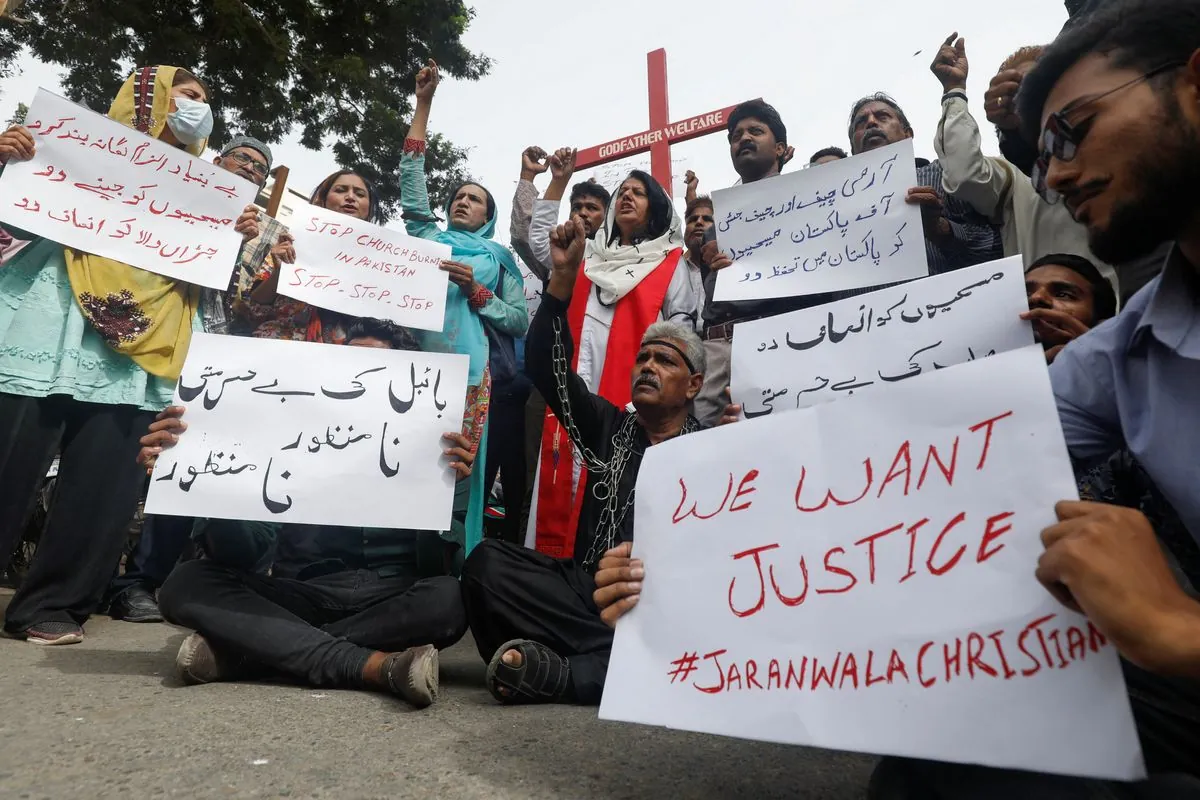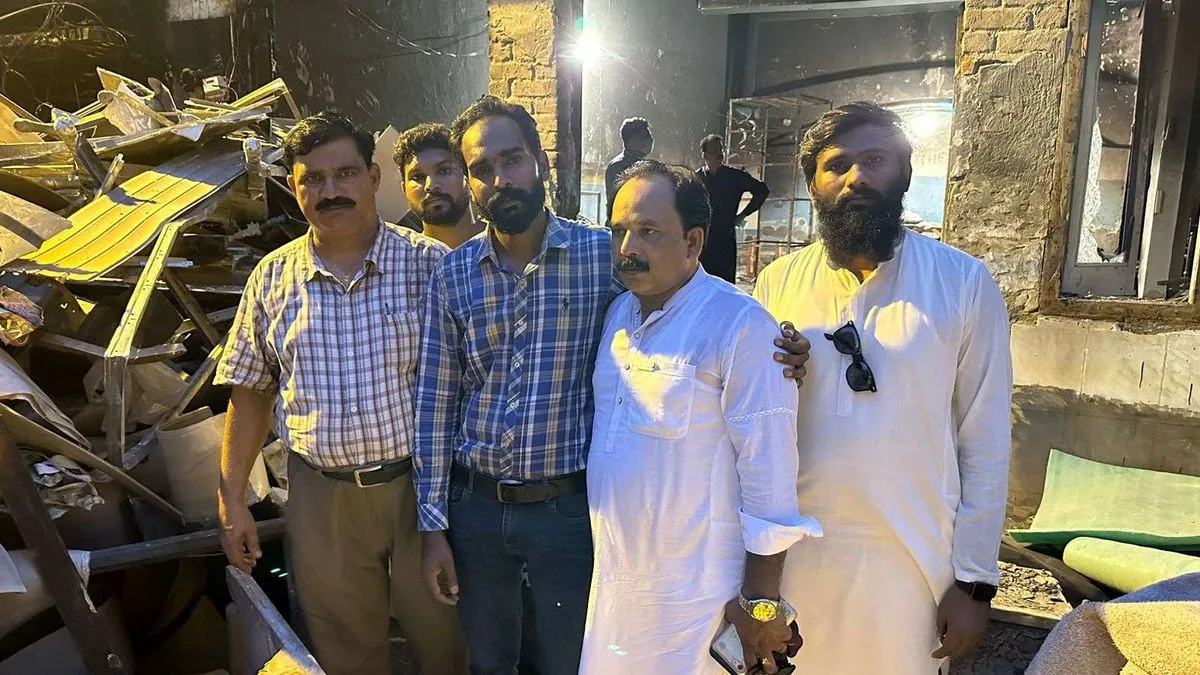Amnesty: Justice Elusive for Pakistani Christians One Year After Attack
Amnesty International reports minimal progress in prosecuting suspects of the 2023 Jaranwala attack on Christians in Pakistan. Most accused remain at large, with trials yet to commence.

One year after a violent assault on Christian communities in Jaranwala, eastern Pakistan, Amnesty International reports that justice remains out of reach for the victims. The attack, which occurred on August 16, 2023, in Punjab's Faisalabad district, saw the destruction of churches and Christian homes following allegations of blasphemy.
According to Amnesty International's findings, obtained through a Right to Information Request, over 90% of the suspects involved in the Jaranwala incident are still not in custody. Out of 5,213 accused individuals, only 380 were arrested, with 4,833 remaining at large. Of those arrested, 228 were released on bail, and charges were dropped against 77 others.
The human rights organization also highlighted that trials for the suspects have not yet begun, and approximately 40% of victims who lost property are still awaiting government compensation. Babu Ram Pant, Amnesty International's deputy regional director for South Asia, criticized the authorities' response, stating that "inadequate action has allowed a climate of impunity for the perpetrators of the Jaranwala violence."

Pakistan, the world's fifth-most populous country, has a complex relationship with religious minorities. Christians make up about 1.6% of the population in this predominantly Muslim nation. The country's blasphemy laws, introduced between 1980 and 1986, have been a source of controversy and concern for human rights advocates.
These laws, which carry a potential death sentence for insulting Islam or Islamic religious figures, have been criticized for their potential misuse. While no executions have been carried out under these laws, accusations of blasphemy often lead to mob violence and extrajudicial killings.
Yaqoob Yousaf, a priest in Jaranwala, expressed ongoing concerns about the safety of Christians in Pakistan. He noted that false accusations of blasphemy continue to trigger attacks, leaving the Christian community "living in a state of fear" across various parts of the country.
The Jaranwala incident highlights the broader challenges faced by religious minorities in Pakistan. Despite ratifying several international human rights treaties and establishing the Human Rights Commission of Pakistan in 1987, the country struggles to protect vulnerable communities effectively.
As the nation approaches its 77th year of independence, the situation in Jaranwala serves as a reminder of the ongoing struggle for religious tolerance and justice in Pakistan. The slow progress in prosecuting the attackers and compensating the victims underscores the need for more robust measures to protect minority rights and uphold the rule of law.
"Investigators have referred the cases of suspects linked to the violence to an anti-terrorism court, and their trial was expected to start soon."
While authorities promise accountability, the reality on the ground paints a different picture. The disconnect between official statements and the lack of tangible progress raises questions about the effectiveness of Pakistan's justice system in addressing religiously motivated violence.
As the Christian community in Jaranwala continues to rebuild, the incident serves as a stark reminder of the challenges faced by religious minorities in Pakistan. The slow pace of justice not only affects the victims of this specific attack but also contributes to a broader sense of insecurity among minority groups across the nation.


































